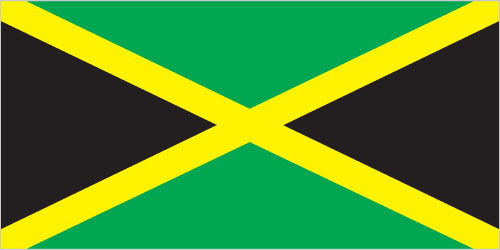Jamaica joined the Global TNA Phase III and completed the process in 2023.
The TNA highlighted the need for adaptation technologies in areas like water resource management and agriculture, which are particularly sensitive to climate impacts.
In the energy sector, the TNA supports efforts to reduce emissions. Jamaica has a goal of achieving 50% renewable energy by 2030, but had only about 7% of its energy mix from renewables as of 2021, indicating a need for accelerated adoption of clean energy solutions.
As a small island developing state, Jamaica is particularly vulnerable to the impacts of climate change. These impacts have proved to be a major threat to Jamaicans and the country’s infrastructure. They also pose a major challenge to its economic growth, threatening climate-sensitive sectors such as tourism, agriculture, fisheries, forestry and water.
Jamaica’s vulnerability to climate change is likely to increase in the future. Based on recent projections made by the Climate Studies Group at the University of the West Indies, by the end of this century it will face a temperature increase of up to 4ᵒC and an increase in dry periods from 25%-30%. The number of storms is not expected to increase, but the storms themselves are projected to become more intense.
Jamaica’s TNA contributes to the following Sustainable Development Goals:






